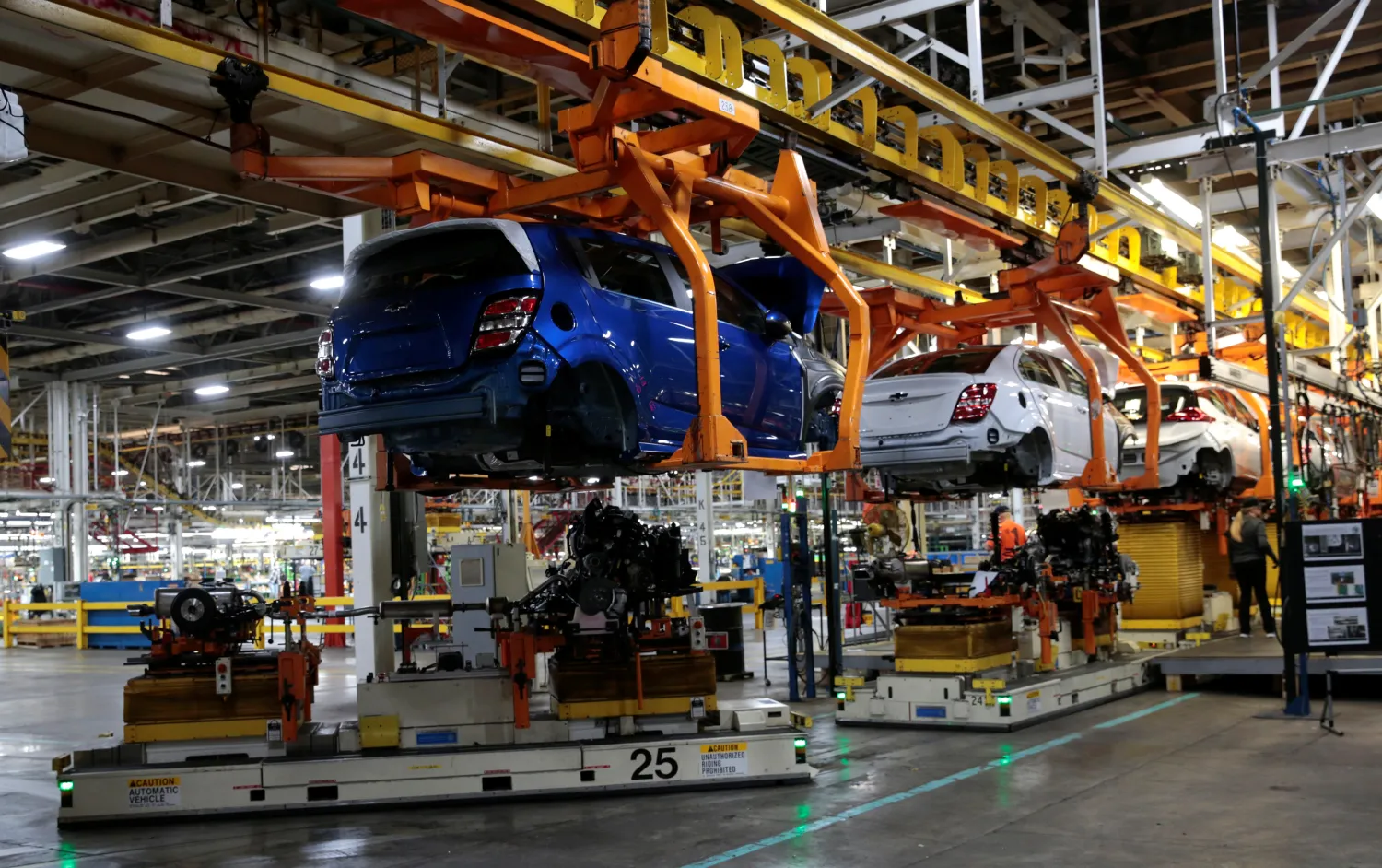In a dramatic twist on the ongoing debate over federal fuel economy standards, the Alliance for Automotive Innovation, representing major automakers including General Motors, Ford, Toyota Motor, Honda, and Mercedes-Benz, has fired a warning shot.
According to the messenger, The trade group delivered a strong message to the National Highway Traffic Safety Administration, declaring that the proposed new fuel economy regulations would have crippling consequences for both manufacturers and consumers.
Join our WhatsApp ChannelIn a passionate testimony before the regulatory body on Thursday, the Alliance for Automotive Innovation did not mince words. “The agency’s proposed new fuel economy regulation exceeds maximum feasibility,” they declared, adding that manufacturers could face a staggering burden. “Manufacturers will pay over $14 billion in non-compliance penalties between 2027 and 2032,” they emphasized.
READ ALSO: Fluenta Deploys 18 Ultrasonic Meters At Dangote Refinery For Sustainable Energy
These penalties would hit hard, impacting approximately half of all light trucks and a third of passenger cars during this time frame, significantly affecting the industry’s heavyweights and everyday consumers alike.
The heart of the controversy lies in the proposed Corporate Average Fuel Economy Standards, unveiled by federal highway regulators in July. These standards call for an ambitious annual improvement of 2% in fuel economy for cars and a demanding 4% for light trucks through 2032.
If implemented, these rules would propel the fleet-wide fuel economy for new vehicles to an impressive 58 miles per gallon by 2032, up from the 49 mpg required by 2026 under current guidelines.
However, the Alliance for Automotive Innovation’s dire prediction is that these standards could lead to a substantial increase in vehicle prices. They argue that the average car price could surge by around $3,000, which, in turn, may depress sales and extend the lifespan of vehicles on the road.
“The number of non-compliant vehicles and manufacturers projected exceeds reason and, simply put, will increase costs to the American consumer with absolutely no environmental or fuel savings benefits,” the group vehemently stated.
As the debate rages on, the fate of these proposed fuel economy standards hangs in the balance, with significant consequences for the automotive industry and everyday Americans.
Emmanuel Ochayi is a journalist. He is a graduate of the University of Lagos, School of first choice and the nations pride. Emmanuel is keen on exploring writing angles in different areas, including Business, climate change, politics, Education, and others.
















Follow Us